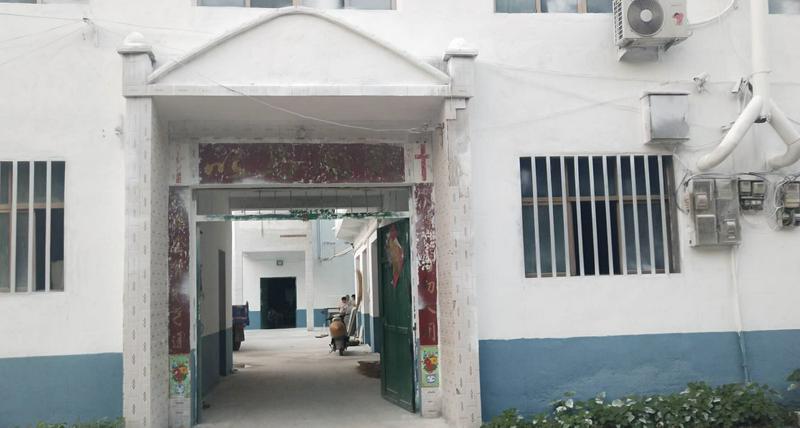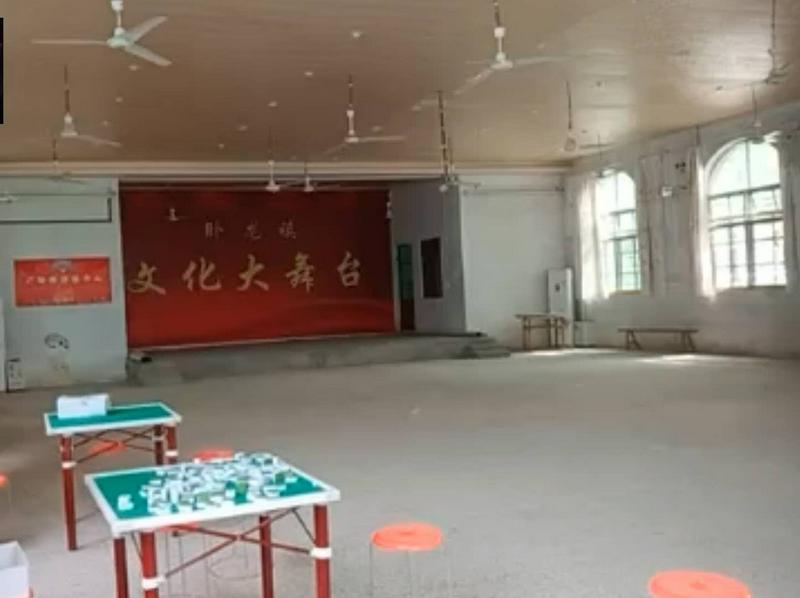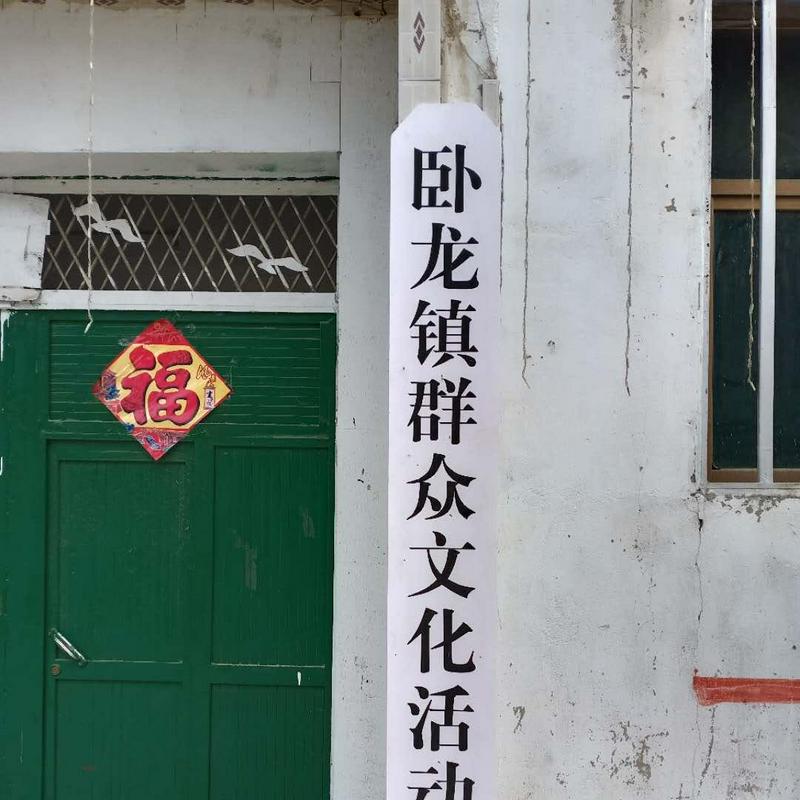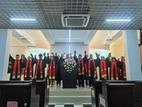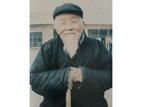“My hometown church has been closed for two years. Now that many churches in Shangqiu have reopened, our church is still forbidden to reopen,” said Xiao Hui, a Christian lady.
Originally from Wolong Village, Yongcheng, Shangqiu, China’s central Henan Province, Xiao Hui lives in Beijing and attends Gangwashi Church. For a small village, a place where about 1,000 people attend is not a small church.
On June 1, 2020, Henan Christian Council & Three-Self Patriotic Movement (CC&TSPM) issued a notice regarding the measures that need to be taken for Christian churches to reopen. The notice said that with epidemic prevention and control measures in place, local Christian churches and gathering points can be reopened to the public after receiving approval from local authorities.
The policy was carried out in numerous cities and counties. While many qualified churches were reopened, Hui felt anxious and confused that her hometown church was not allowed to open as believers needed to worship God together.
The church is adjacent to the local township government, about 100 meters away, and a private kindergarten sits about 80 meters east of the building. The proximity to these buildings is the reason why the church was banned during the Henan cross-removal and church merging campaign in 2018. It has been renovated and made into a cultural activity center.
Hui said that since churches in Shangqiu have been able to reopen since mid-June, most local churches began to hold Sunday services one month later. She said, “But our church is not allowed. Since our church suspended services in July 2018, reopening has been hopeless until early September. Online services in groups are still underway.” She added, “Our church has many elderly believers, some of whom don’t know how to use smartphones. For some families with children it is inconvenient to attend other churches.”
In 1988, Wolong Village Church was granted land on which to build under the approval of Director Liu of the Yongcheng Bureau of Religious Affairs and Secretary Liu of the Village Party Committee. Over a period of two years, a two-meter deep waste pit was filled with dirt by believers who moved dirt from a place one kilometer away. In 1990, a church building 8 meters by 17.5 meters was completed. Two additional 5 by 10 meters houses were built. A new gate, 4 meters by 3.5 meters and a half meter long was erected. After the congregation grew larger, the church was renovated into a building made of steel-reinforced concrete, covering an area of 500 square meters.
The church has legal permits, such as a certificate for use of the land as a religious venue, and a certificate of incorporation. In August 2010, the church purchased an area of about 998 square meters from a local financial office, another area of around 1677 square meters from the local taxation office, and a place covering 805 square meters from the family planning and health service commission. The value is estimated at 80 or 90 million yuan.
It was the first registered church in the village. Every Sunday service lasted from six in the morning to nine, attended by elderly people who accounted for eighty percent of the participants. “In order not to affect other sites, we never placed a stereo outside the church or turned up the volume of the microphone and loudspeaker. What was more, we did not interfere with the nearby kindergarten, which was never open on Sundays.”
Before the closure, the church carried out charitable activities, such as constructing roads and draining water from wet land. Believers visited seniors whose children work in cities and also orphans and widows. The church also donated 15,000 yuan to Wenchuan after the 2008 earthquake. A pastor told a story about the mother of a child suffering from an eye disease. She and her husband were unable to pay the expensive treatment charges by a hospital in Beijing. His church donated more than 70,000 yuan to them.
“Our church has always obeyed the country’s laws and shown its love of our country and other churches.”
However, the silence was broken in 2018. In mid-August, village officials and surrounding villages’ Party secretaries stood guard at the entrances to the village, forbidding believers from coming into the church. They also threatened that their land rights would be taken and they would be detained and punished if they insisted on gathering. Since then, the church has been closed and the donations have been frozen.
Some officials wanted to cancel the church because of its close proximity to government and school buildings, but they did not produce a legal certificate or formalize the banning. He said, “Our church construction was approved by the village and the Bureau of Religious Affairs. We also went through the legal formalities. More than a decade later, the kindergarten was built (around 2009). Whatever perspective you hold, it is unreasonable for officials to keep our church from meeting.”
He cited Article 50 in Chapter Seven of the Regulations on Religious Affairs, “No organization or individual may encroach upon, loot, privately divide up, damage, destroy, or, illegally seal up, impound, freeze, confiscate or dispose of the legal property of a religious body or a site for religious activities, nor damage or destroy cultural relics possessed or used by a religious body or a site for religious activities.”
Since the church can no longer be used by the believers, it has been turned into “The People’s Cultural Activity Center in Wolong Town.”The exterior wall has a sign that says, “Anyone who carries out illegal religious activities will be fined 20,000 yuan.” The altar has been transformed into a stage. Entertainment facilities, poker and electronic mahjong tables have been placed in the hall where locals can hold square dances. But he said that nobody dared to have fun there, knowing it used to be a church. So the activity site has been put on hold.
He stated that the staff just wanted to resume religious services, disagreeing with the cancellation or renting the facility. “The voice of the church’s congregation is that the church should be reopened instead of being cancelled.” At the end of last July, he said that local officials asked if the church building could be sold, rented, or leased. The church head said no.
Asked why the church could be not reopened, they answered, “That is based on the policy.”
Refusing to give in and negotiating with the local authorities, Hui and her hometown pastors are still eager to know what the future will be for their church.
- Translated by Anthony Li

